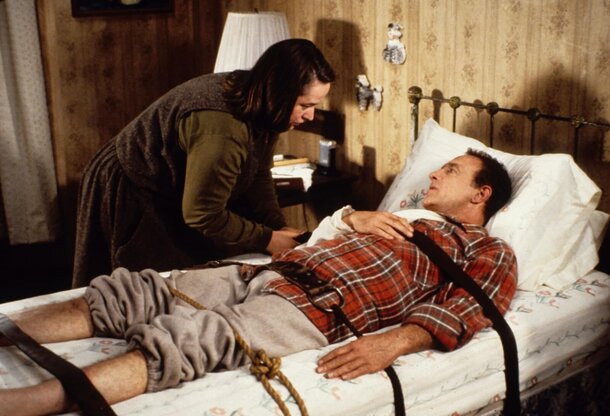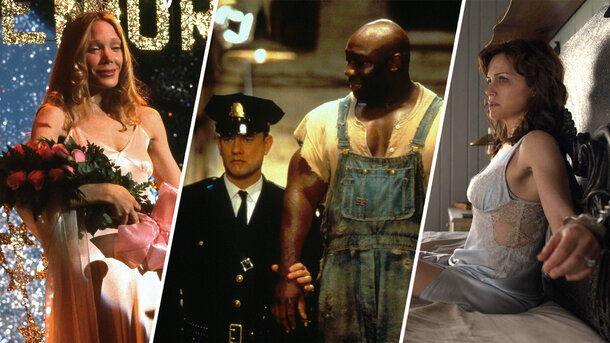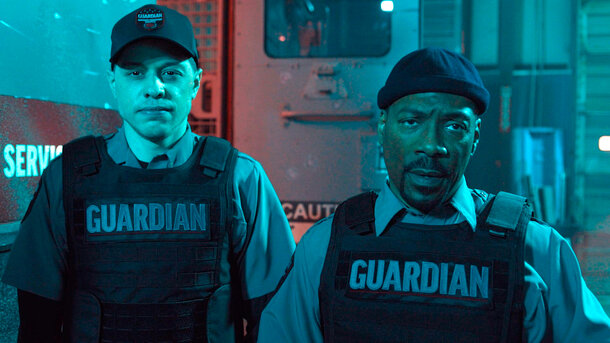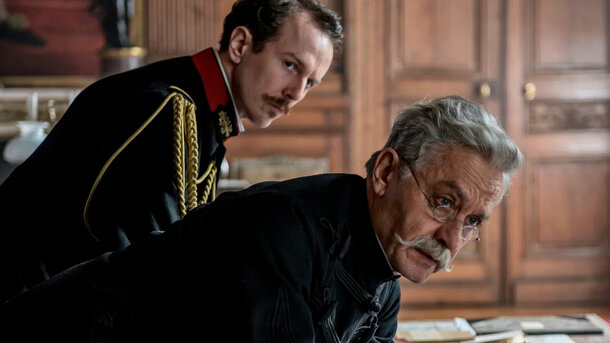Stephen King is not just the king of horror, but a storyteller whose works long ago transcended genre. His characters don’t always save the world — but they always fight: with themselves, with the past, with the things hiding in the dark. It’s no wonder that filmmakers keep returning to King’s stories. But not all succeed in staying true to the original.
We’ve picked 5 films where the spirit, meaning, and soul of King’s books weren’t lost in editing. On the contrary — they only grew stronger.
The Shawshank Redemption (1994)
At first glance, it’s hard to imagine stretching a short novella about a prison break into a full-length film — and keeping its essence intact. But Frank Darabont not only succeeded, he created a film that continues to inspire millions.

Andy Dufresne’s story — about freedom, hope, and human dignity — remains as powerful on screen as it is on the page. Morgan Freeman and Tim Robbins played their parts so precisely, it feels as if King had imagined them that way from the start.
The Green Mile (1999)
Darabont takes on King again — and delivers another masterpiece. John Coffey, a man with a miraculous gift sentenced to death, is one of the most moving figures in horror literature. The Green Mile keeps the same rhythm, the same heaviness, and the same quiet sorrow as the novel. Even if you know the ending, it’s a film you want to return to.
Misery (1990)
Kathy Bates as Annie Wilkes isn’t just perfect casting — it’s a gold standard in adaptation. She’s not a monster from the basement, but something far scarier: a sweet woman who’s lost all control. Misery is a film about the terror of being alone with a fan. And about how words can become a prison. The atmosphere, the dialogue, the claustrophobia — everything gets under your skin, and everything stays remarkably close to the source.

Gerald’s Game (2017)
How do you film a book where the heroine spends almost the entire story handcuffed to a bed? Director Mike Flanagan found a way — through visual storytelling and inner monologues. The film doesn’t betray the novel: it speaks about pain, trauma, survival, and a woman’s inner strength — someone who has to break free not only from literal chains, but from the ones inside her mind.
Carrie (1976)
The first King adaptation — and immediately a bullseye. Brian De Palma turned a high school tragedy into a powerful metaphor for teenage pain, social cruelty, and repressed emotion. The prom blood scene still stands as one of the most terrifying moments in film history — because we believe Carrie, we feel her humiliation. And we burn with her.
These films aren’t just adaptations. They’re standalone works in which King continues to live — frighteningly accurately and deeply human.










